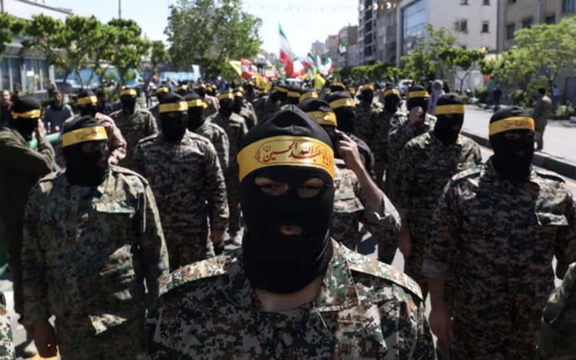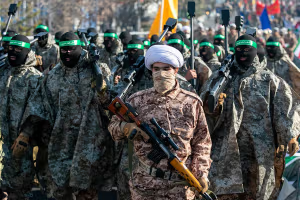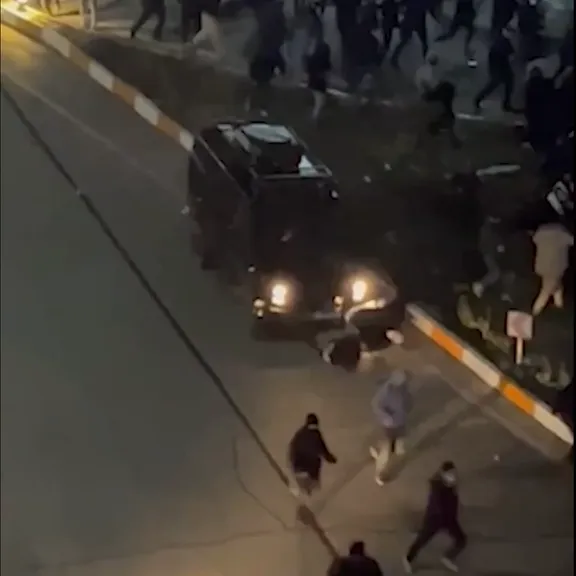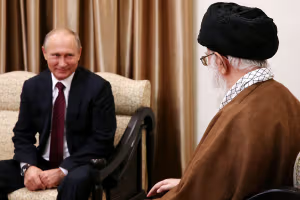Tsurkov, a Princeton PhD candidate specializing in Middle East politics had traveled to Iraq using her Russian passport to study Shi'ite political movements.
She was abducted in Baghdad in March 2023, by the Iran-backed Shi'ite militia Kata'ib Hezbollah a US-designated terrorist organization.
Freed in September after a Trump administration hostage envoy traveled to Iraq in February to negotiate her freedom, she spent 903 days in captivity and now receives physical and psychological treatment in Israel and struggles to sit up due to the pain from her abuse.
Tsurkov told the US daily that she was lured into meeting a work contact who never materialized one evening before being abducted by men who threw her into a car, bound her hands and blindfolded her before taking her to an unknown location.
The militiamen initially abducted her in pursuit of a ransom, Tsurkov believes, but when they discovered from her phone that she was Israeli accused her of spying.
Tsurkov said that during the initial months of detention—and later, as captors pursued forced confessions—she endured the worst torture.
Handcuffed and hung from the ceiling, she suffered beatings, electrocution and sexual assault. “They whipped me all over,” Tsurkov said. “They basically used me as a punching bag.”
'Forced confessions'
Tsurkov shared her critical posts and writings about the Israeli government with the captors, but they were unmoved and demanded she record a confession claiming to be an Israeli and American intelligence agent.
She never fully understood her location but believed it was in a militia base near the Iranian border, as during a 12-day war in June she felt Israeli strikes apparently landing in nearby western Iran.
She told The Times she believes Israel's elimination of senior Lebanese Hezbollah, Hamas and Iranian officials prompted the group to change course.
Tsurkov was cited as saying she decided to share her story to give voice to Iraqis tortured and killed by the Shi'ite militia.
She faces a series of injuries that make sitting up difficult and most of the time must lie down or remain reclined, added the New York Times, which had reviewed her medical records.
A prolific social media analyst, she announced her return to X last month with an animation of rapper Dr. Dre captioned "Guess who's back." Her posts frequently criticize Israeli policy.
In her first description of her captors, she decried Iran and its regional allies as "brutal ignoramuses".
"I am confident that so many of the successes Israel has had vs. the Iranian axis is not due to Israeli genius but due to the stupidity of the men who make up the rank-and-file and commanders of these militias & Iranian regime," Tsurkov wrote on X.


















